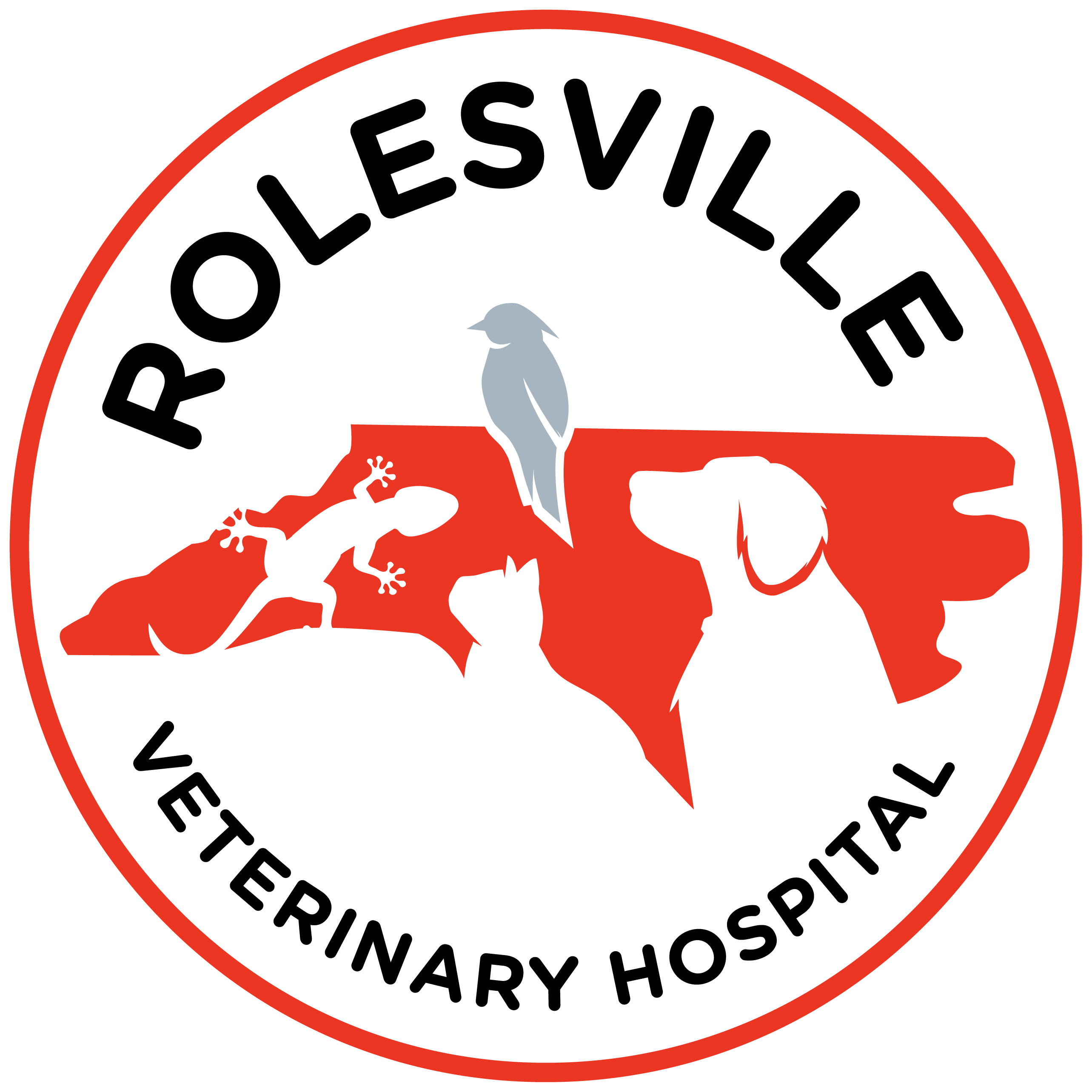Wildlife
Before bringing an animal to the clinic, please consider the following tips:
- Remember that wild animals see humans as potential predators. They may become aggressive when approached. Before approaching an animal, take time to find a pair of gloves, a heavy jacket, or other clothing that can protect you if the animal tries to bite. You might consider handling the animal with a towel.
- For birds, hold their wings closed and close to their body so they cannot flap their wings and further harm themselves.
- Some animals, such as foxes, should never be handled by the general public. If frightened, they can leave a nasty bite.
- The animal should be placed in a well-ventilated box with a soft towel or T-shirt.
- DO NOT give them food or water, as this can further complicate any injuries.
- Your presence can add significant stress to the animal. Limit human contact and keep all children and pets away from the injured animal.
- Call the hospital or another licensed wildlife rehabilitator immediately. The sooner you turn the animal over for proper care, the better its chances for recovery. You can call the veterinary hospital in advance and we can prepare for your arrival and offer any tips for safe transport.
What to do if you encounter native wildlife
When you see an injured or ophaned animal on the side of the road, it can be tempting to try to bring it home and take care of it. But native species are not the same as the companion animals you keep at home. When sick or injured, they can be dangerous and unpredictable, potentially harming you or your family if approached. Contact with humans can also significantly increase their stress, worsening their condition and leading to unintential harm.
Native wildlife also require constant and specific care. Orphaned animals have specific formulas and diets and rely on their parents to teach them the behavioral traits that will ensure their development and survival. Injured wildlife also need a specific care regimen that balances their immediate care needs with a diet and enclosure that will ensure their safe release back into the wild.
With a licensed wildlife rehabilitator on staff, the team at Rolesville Veterinary Hospital offers complimentary exams for injured native wildlife. Most animals are treated, rehabilitated, and re-released into the wild by hospital staff. Non-releasable animals are transferred to local non-profits for lifelong care.
The hospital is not currently equipped or licensed to rehabilitate or offer long-term care to injured deer. If you plan to bring a deer into the clinic, please understand that the staff will make every effort to triage the patient, treat any life-threatening wounds, and stabilize the animal for transfer to a local rehabilitator.
Rolesville Veterinary Hospital
Rolesville
Hospital Hours
Forestville
Hospital Hours
Louisburg
Hospital Hours
